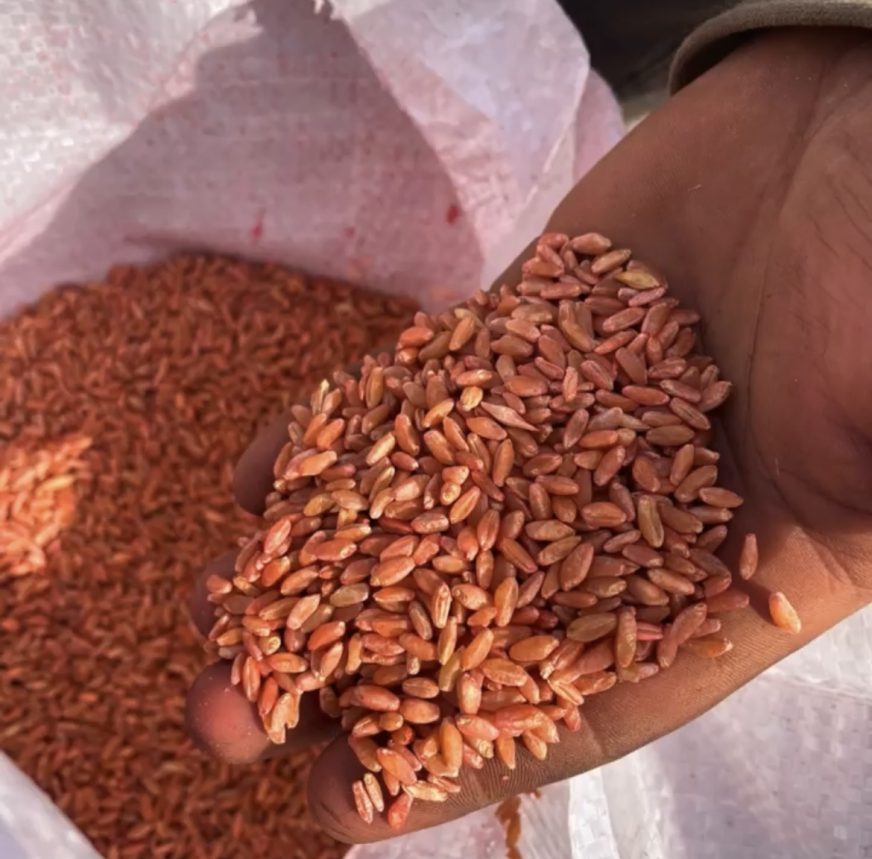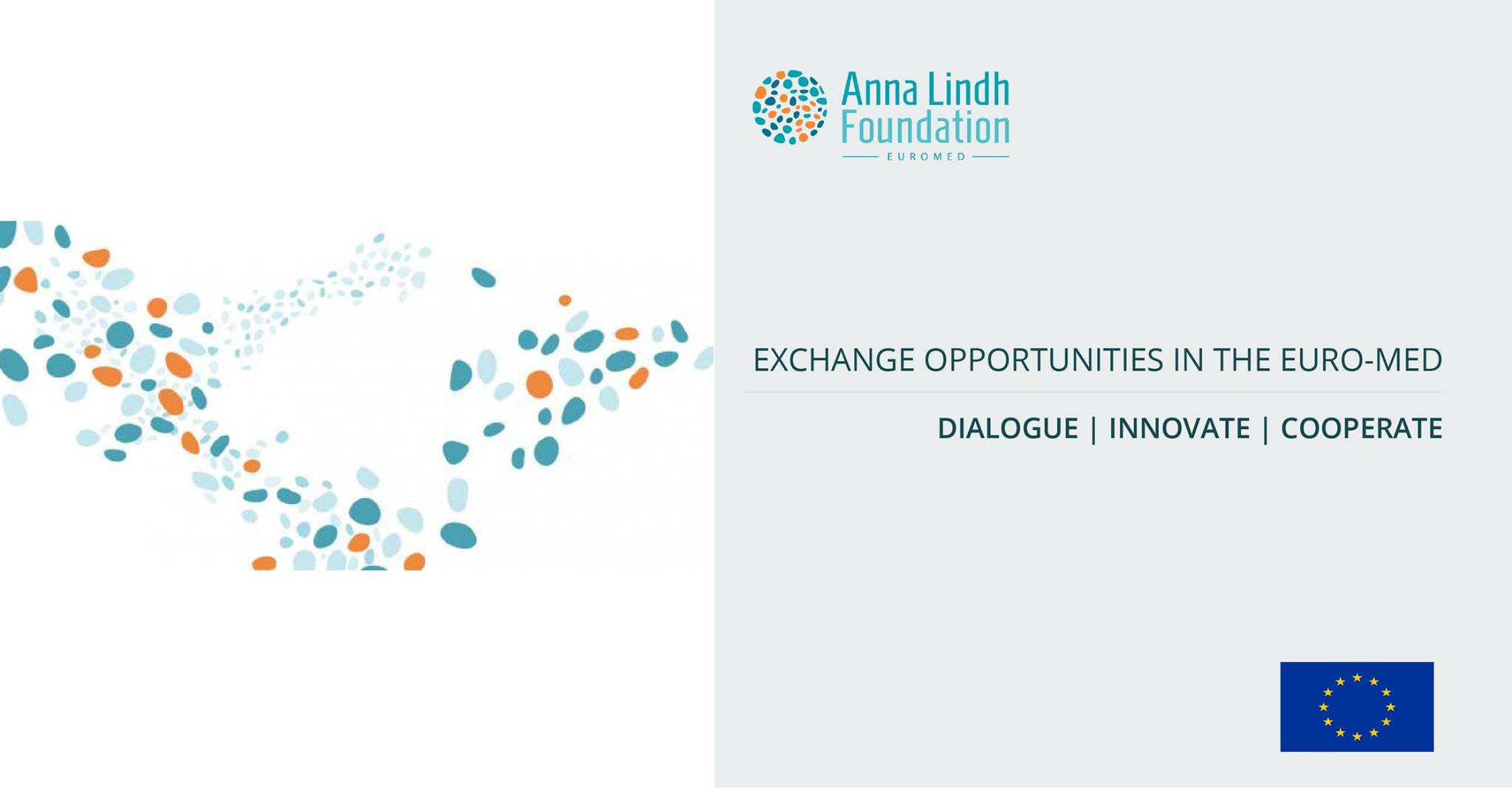ADAPT Programme visit to the region of Jendouba, Tunisia

Jendouba, a region in north-west Tunisia that has traditionally grown rain-fed cereals (baali), is facing persistent drought. The lack of rain has forced farmers to postpone sowing this year, which could shorten the wheat’s growth cycle and affect the quality and quantity of the summer harvest.
The ADAPT Cereals programme supports cereal growers in meeting these environmental challenges, helping them to adopt more resilient practices to guarantee a sustainable agriculture that is adapted to climate change.
The ADAPT programme (the name is an acronym of the French for ‘Support for Sustainable Development in the Agriculture and Artisanal Fisheries Sector in Tunisia’), is funded by the European Union (EU) and implemented by the Italian Agency for Development Cooperation (AICS) in partnership with the World Food Programme (WFP).



























 Syria
Syria 



